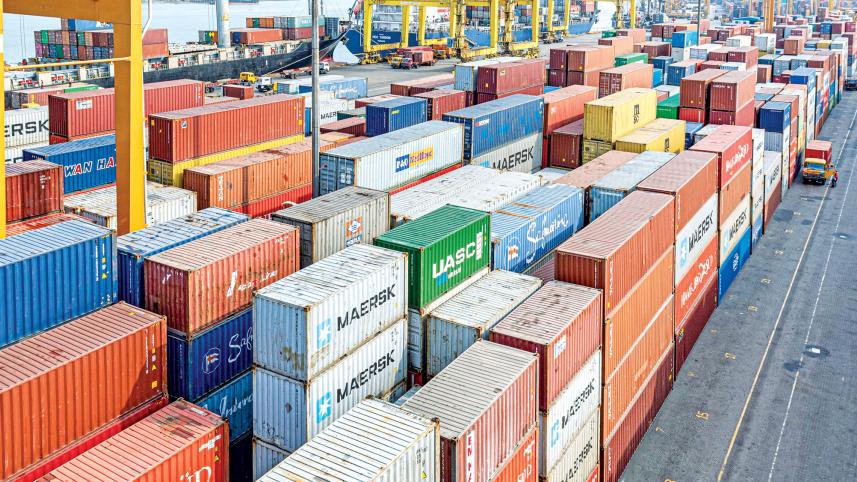Would the store rent waiver the second time finally decongest Ctg port?

The Chattogram Port Authority (CPA) has once again announced full waiver on store rent for all import containers that have arrived after the general holiday began as it desperately attempts to decongest the country's main port.
In order to get the waiver, importers would have to take delivery of the cargoes by May 4.
The first waiver has apparently failed to get the response from the importers, who seemed to have taken the advantage and used the port as warehouse.
The importers had earlier faced difficulties in taking delivery of the cargoes due to limited services offered by the offices and a lack of logistics, said CPA Chairman SM Abul Kalam Azad.
Since the working hours have been extended with adequate staff in the offices such as customs and banks recently, importers would be encouraged by the port's store rent waiver, he said, adding that the situation would now see a significant improvement.
About 44,492 TEUs (twenty-foot equivalent units) of import load containers are lying at the port against the capacity of 37,620 TEUs. And about 40 per cent of the import containers are for the garment factories.
The acute container congestion has been created mainly because of poor delivery since the countrywide shutdown began on March 26 amid the coronavirus pandemic.
On April 5, the CPA announced 100 per cent waiver on store rent for import containers that arrived during the general holiday, hoping such step would encourage importers to take the delivery.
Usually, there is no storage rent in the first four days. For a 20-foot loaded container, the port charges $6 per day in the first week after the free days and then $12 each day in the second week. From the 19th day, it charges $24 per day up to the delivery.
For a 40-foot container, the charges are double.
But seeing poor improvement to the situation, the traffic department on April 18 issued another notice, saying the benefit would be applicable for the containers that arrived after March 27 and the cargoes have to be taken away by April 20.
The following day, MA Salam, the first vice-president of the Bangladesh Garment Manufacturers and Exporters Association, in a letter requested the CPA to extend the waiver.
Until April 4, the average daily delivery was 1,500 TEUs. It came down to 960 TEUs per day between April 5 and April 19, according to the traffic department.
After the waiver expired on April 20, the average daily delivery gained momentum and reached 2,700 TEUs in the last eight days.
Many port users, including shipping agents, were sceptical about the utility of the waiver.
"Everything depends on the importers and they should not waste this second chance," said Bangladesh Shipping Agents Association Chairman Ahsanul Huq Chowdhury.
The scenario has changed this time, said Anjan Shekhar Das, a director of the BGMEA.
Many factories have reopened recently and the working hours at the offices have also been extended, Das said, adding that now many importers would expedite the deliveries.
It would take several more days to ease the congestion since many garment factories are yet to reopen, said Khairul Alam Sujan, director of the Bangladesh Freight Forward Association.
Importers from Dhaka and other parts of the country are still facing delays in sending import documents to the C&F agents in Chattogram through courier services, Sujan said.
It is taking three days or more to complete a release procedure at the customs, banks and shipping agents. He called for extending the waiver period by several days as many garment factories would reopen next week and they need.




 For all latest news, follow The Daily Star's Google News channel.
For all latest news, follow The Daily Star's Google News channel.
Comments